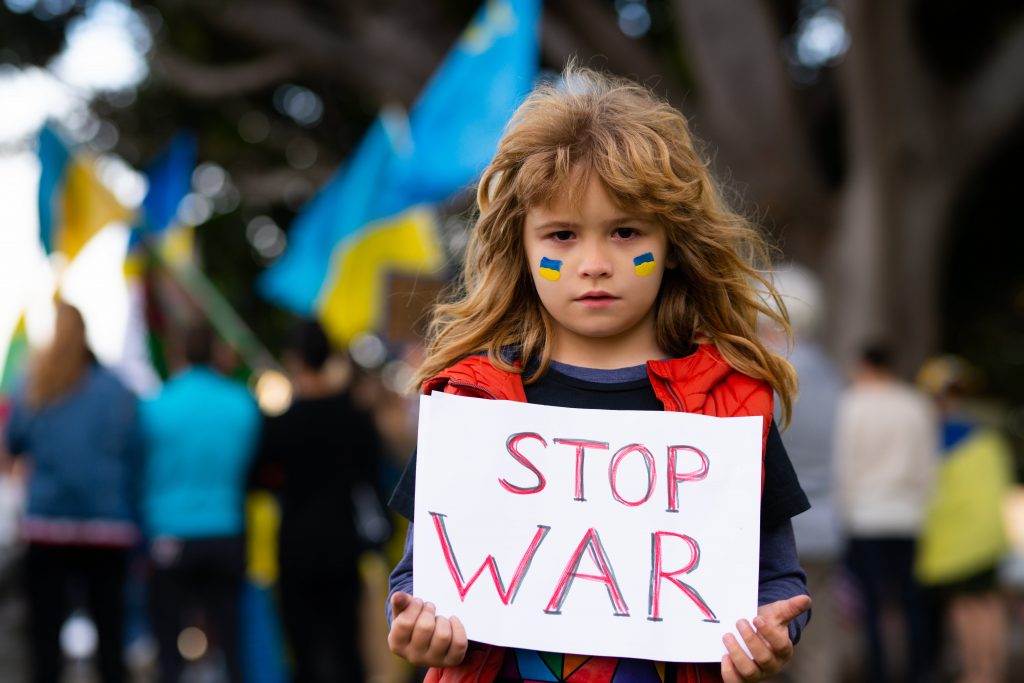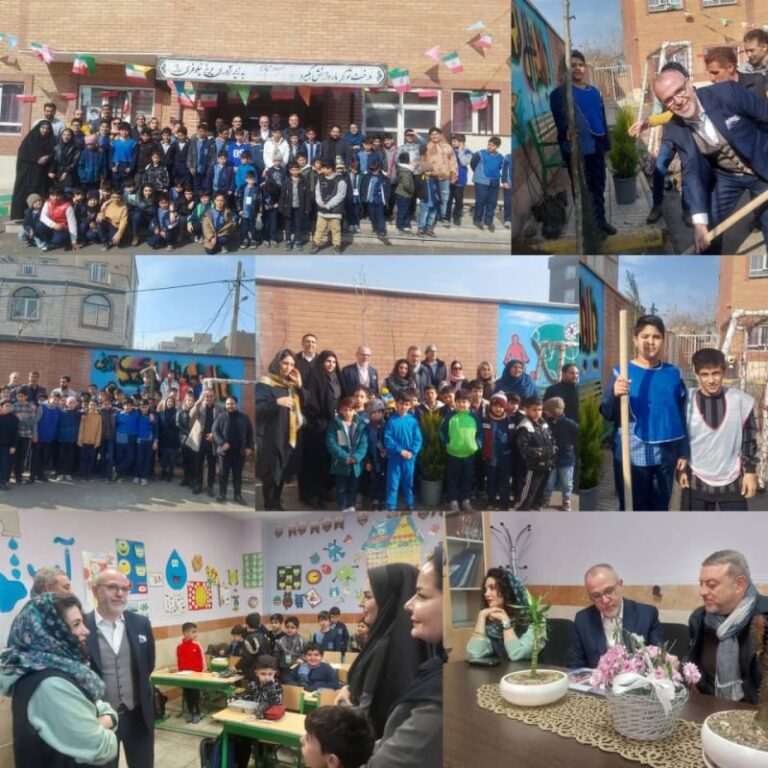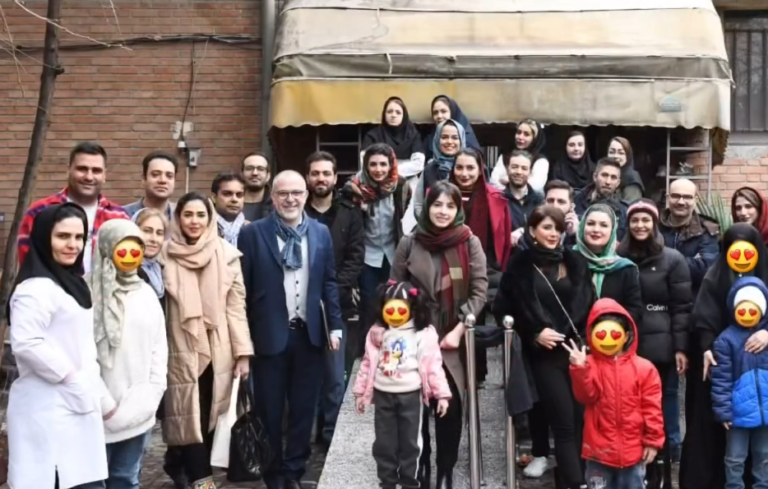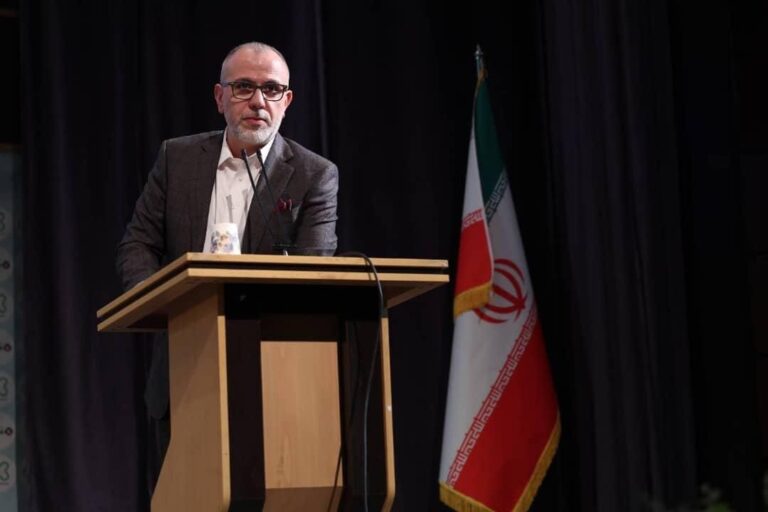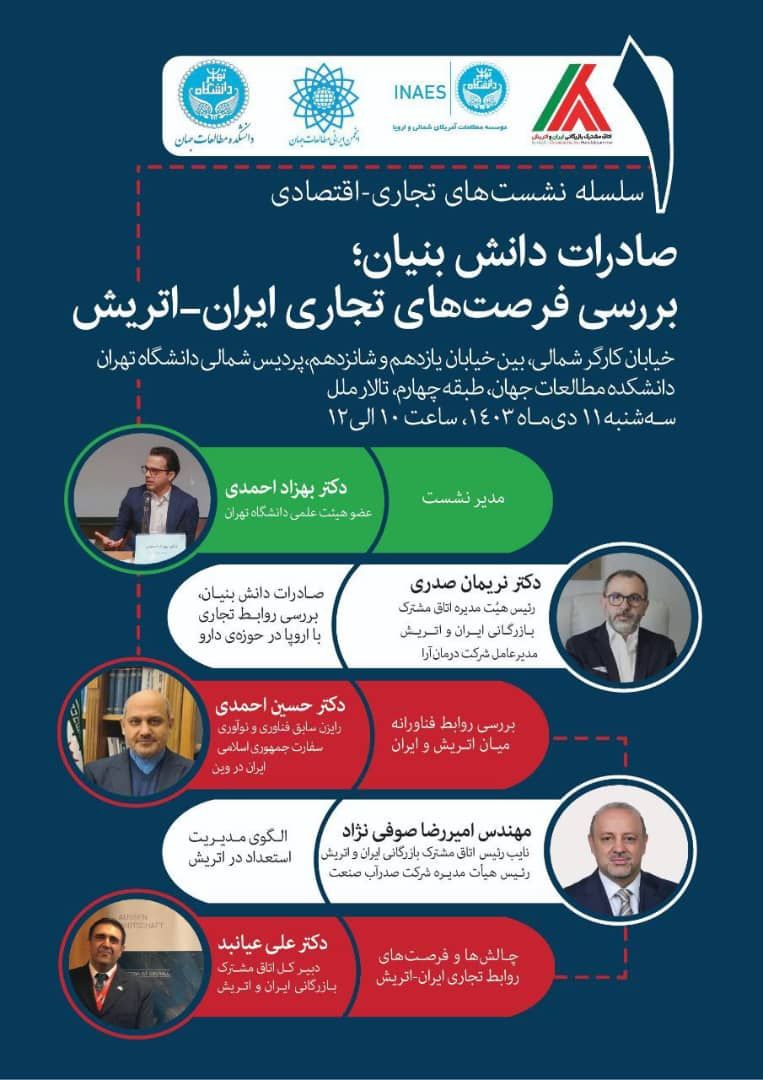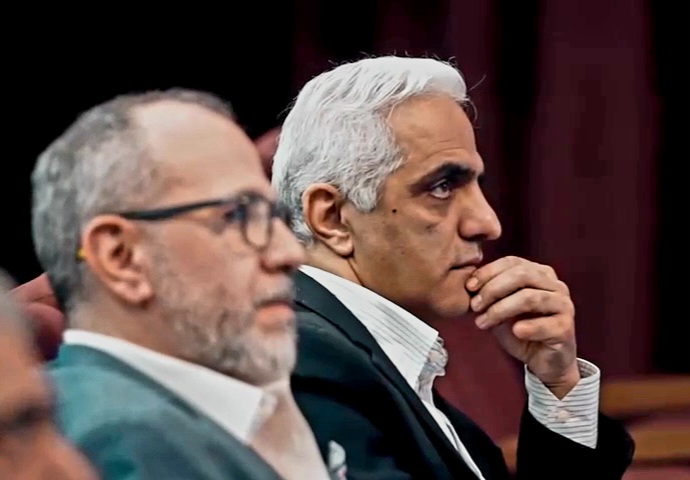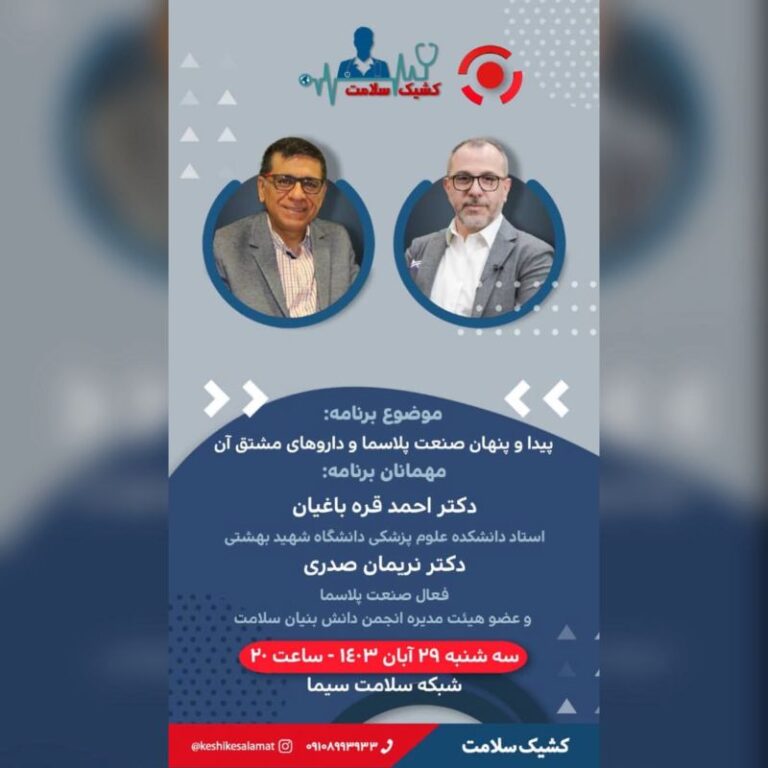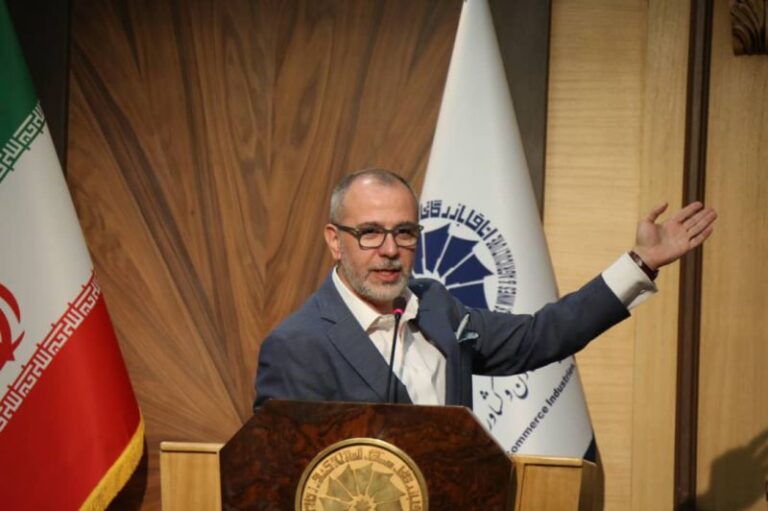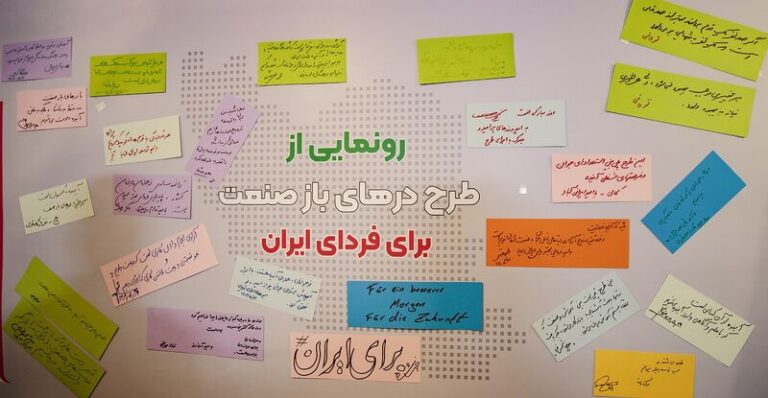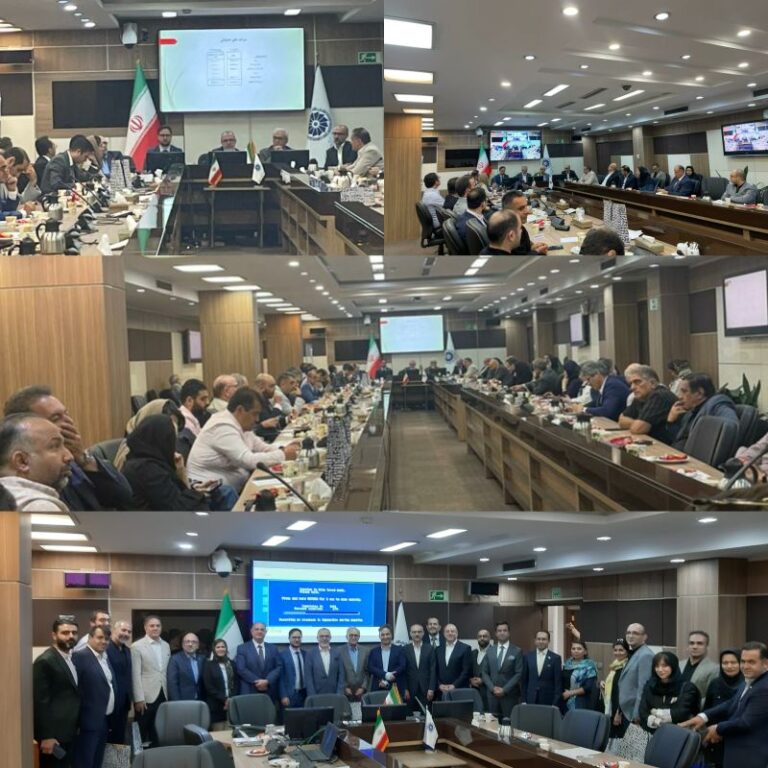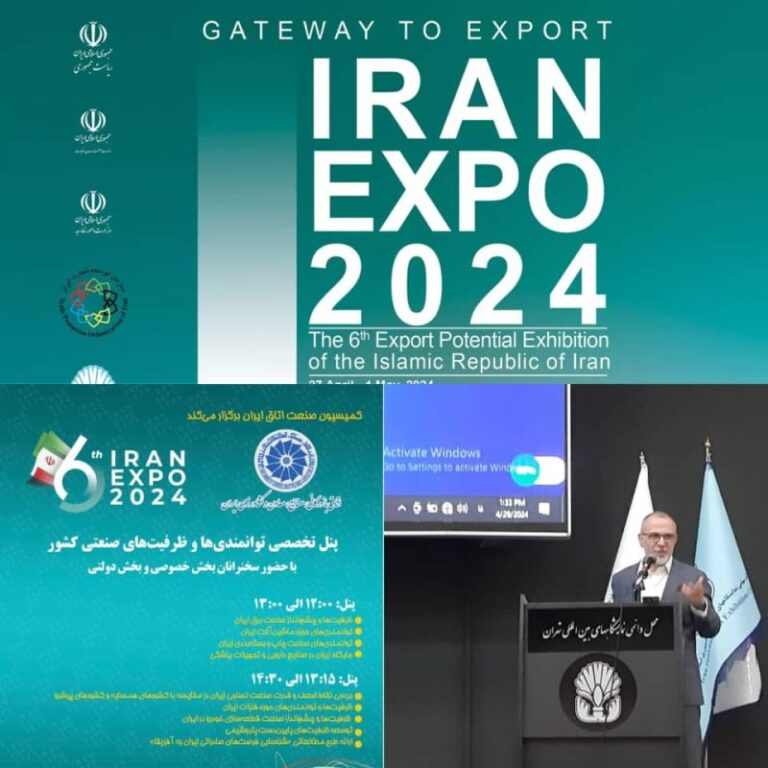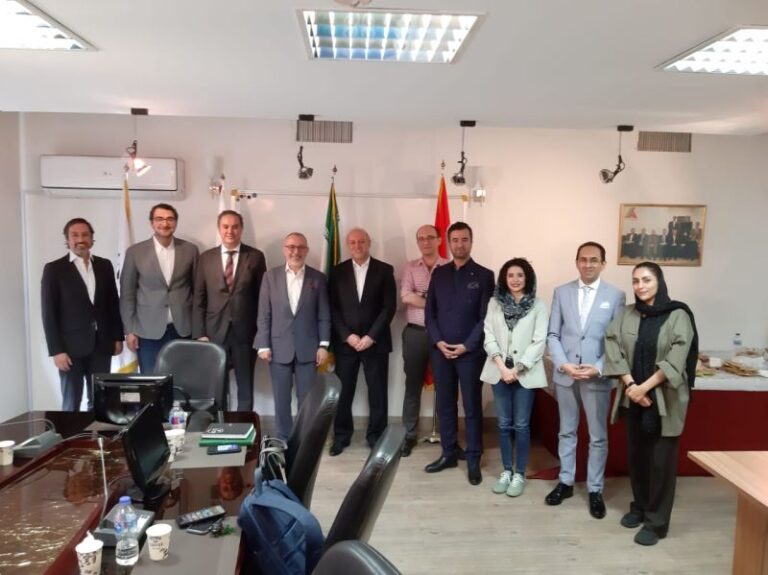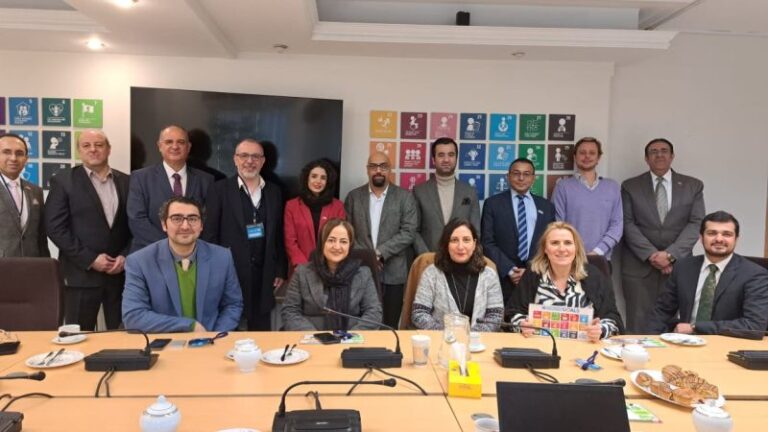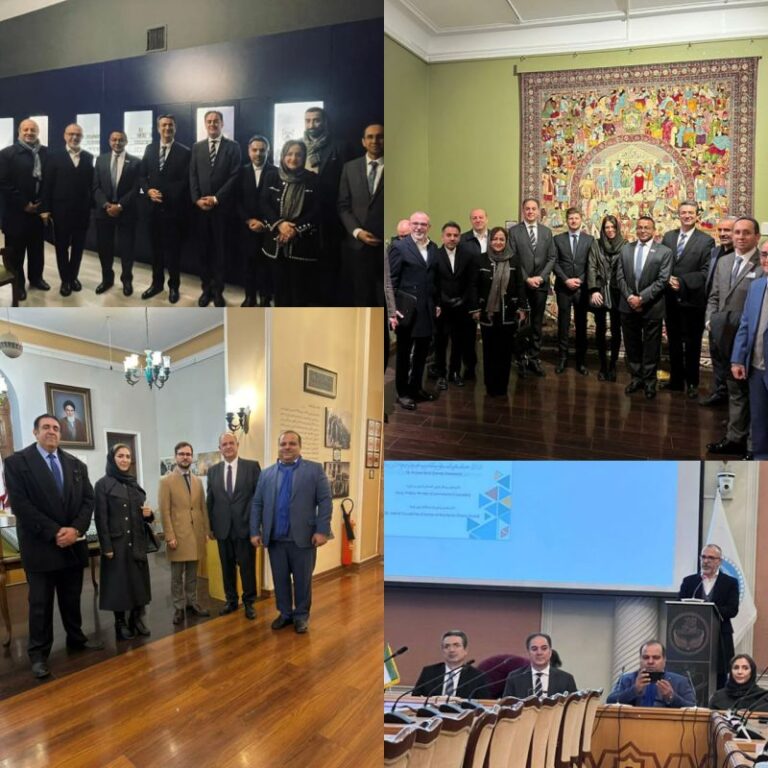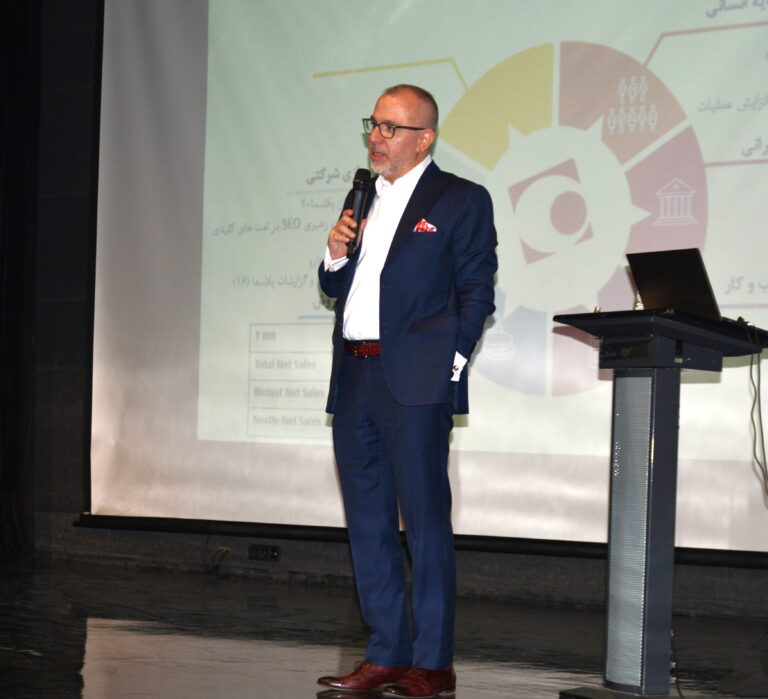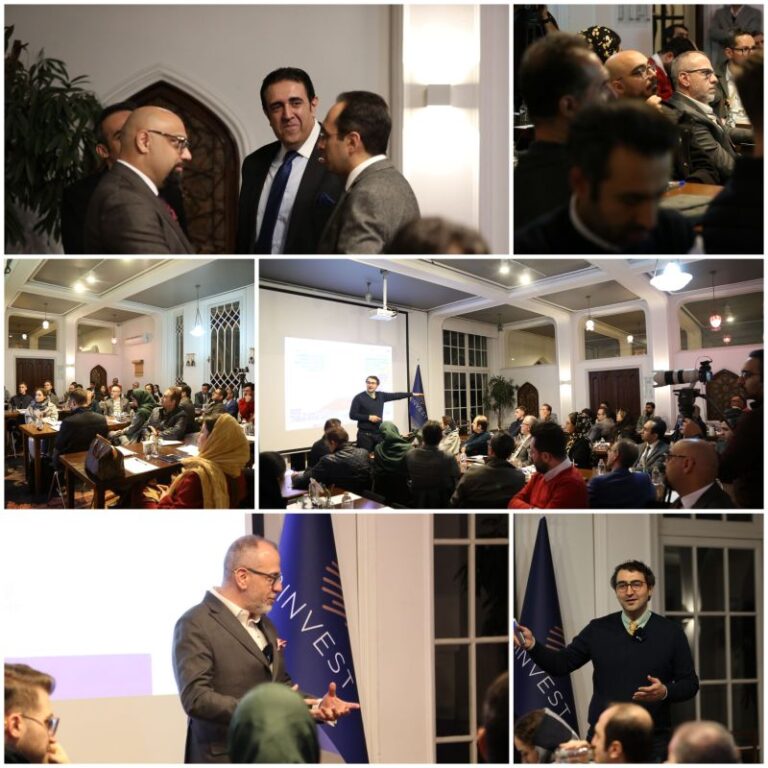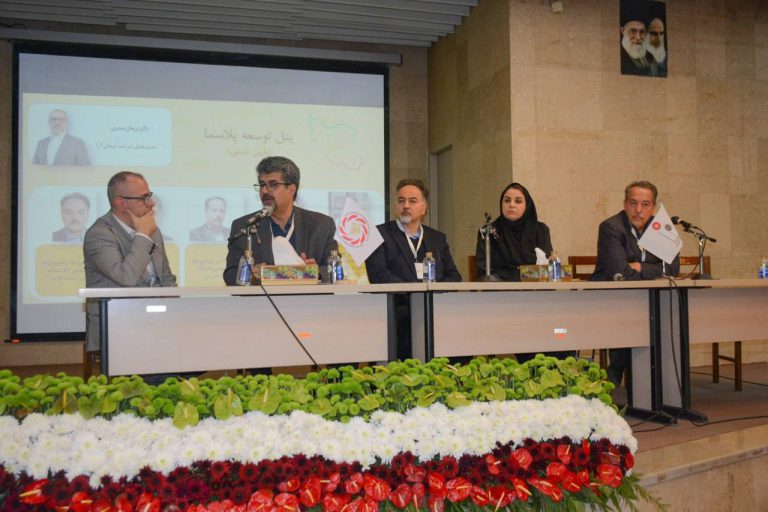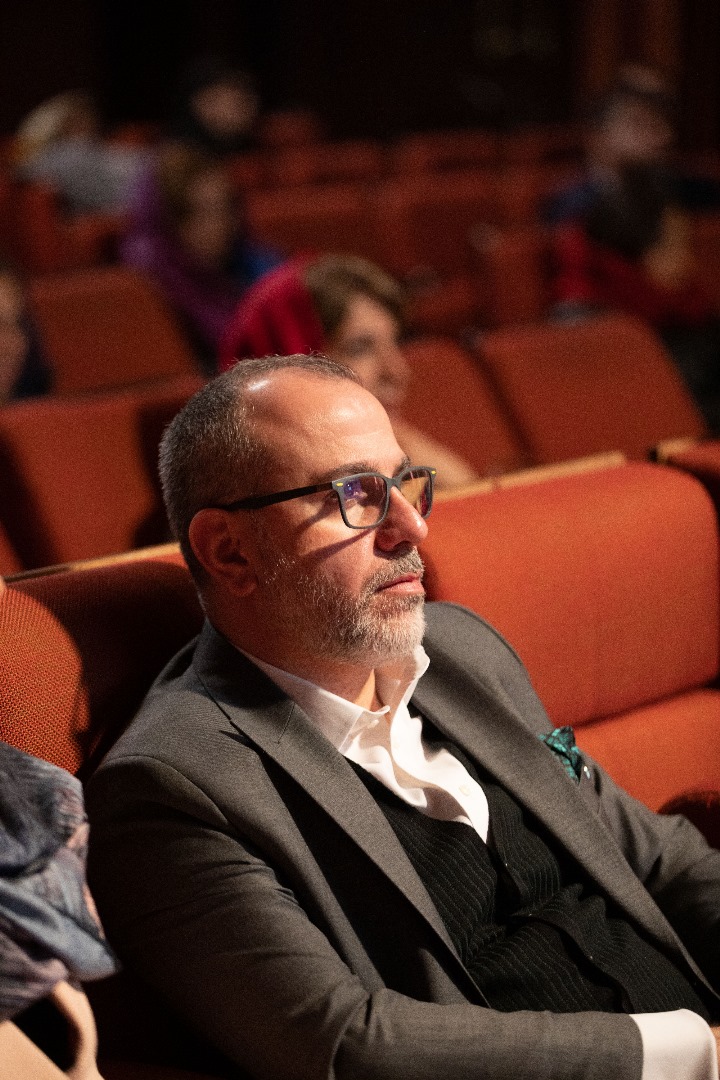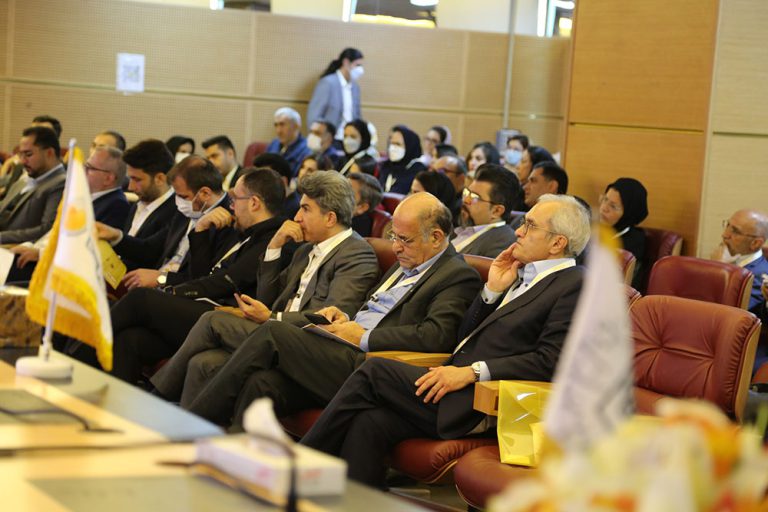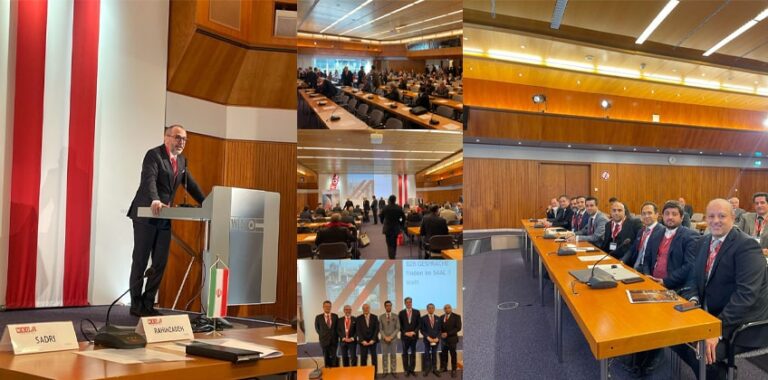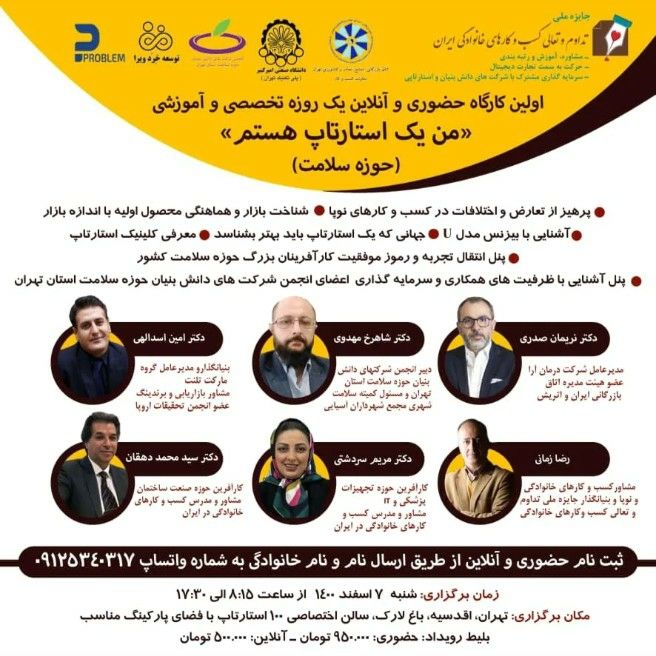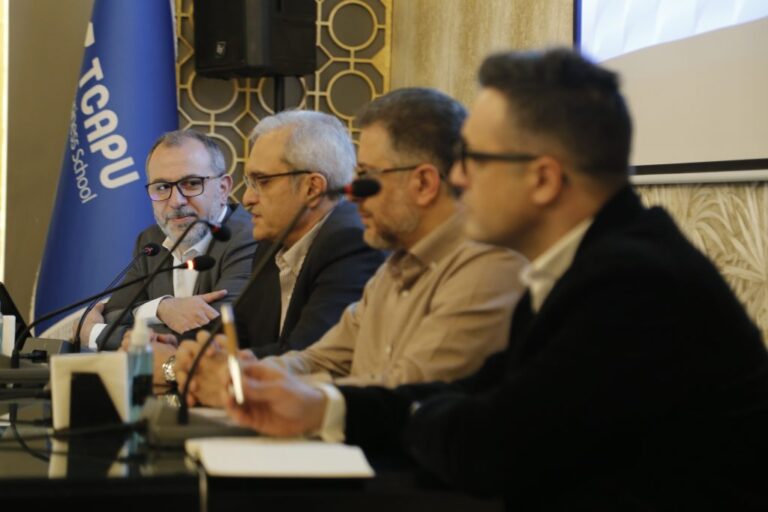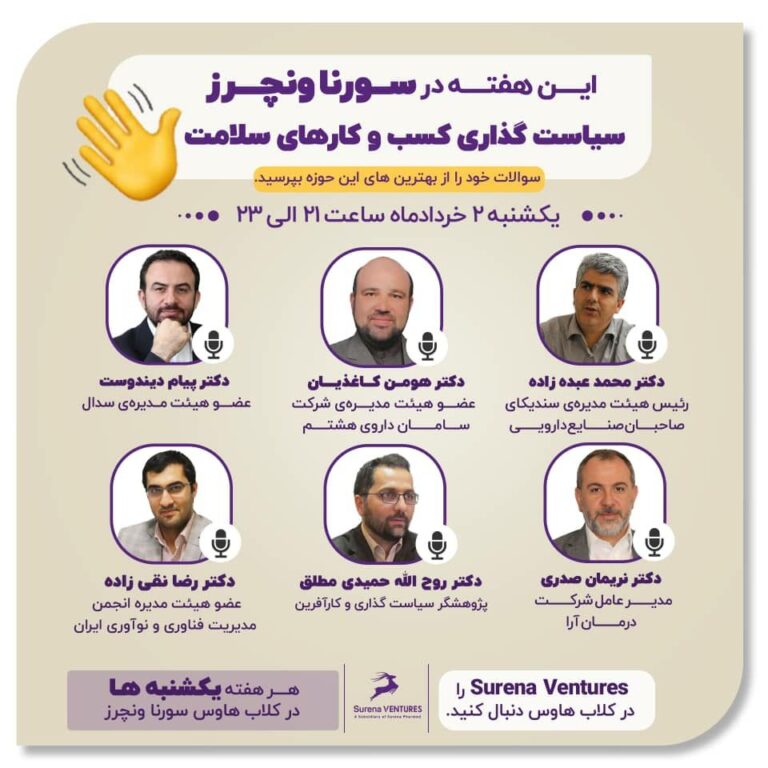For weeks, I’ve wanted to write about war. I’ve picked up the pen many times, written sentences, but then crossed them out. War is not just a word; it’s a world of insight and analysis, and simplifying its reasons and results isn’t possible.
Human tribes fight for various reasons, like competition over territory and resources, historical rivalries and grievances, and in self defense against an invader or a potential invader. However, if we simplify this diversity of reasons, we arrive at a central issue: “competition over resources.” Other apparent reasons for war, from ideological differences to imperialism and nationalism, are all justifications for resource competition. If we accept this simplification, war will continue to exist as long as humans don’t find less violent ways to compete for resources in the evolutionary process. It is naive to wish for a world without wars among nations without providing solutions.
Do humans, or maybe just men, have an evolutionary propensity to kill members of other tribes? Not just the ability to kill, but an inherent tendency to take up arms, leading us toward collective violence? The word “collective” is key. Humans kill for personal reasons, but murder isn’t war. War is social, meaning organized groups killing members of other tribes. My knowledge of anthropology is limited, but in my limited lived experience, I’ve had the opportunity to learn and enjoy the research of anthropologists like Dr. E. O. Wilson. She divides theories about the evolutionary development of human warfare into two categories. Anthropologists who believe that the warrior instinct over resources exists in our genetic codes base their theories on the elimination of Neanderthals by us through resource wars and tribal wars among our close relatives, the chimpanzees. The other category believes that changes in human society ten thousand years ago, with the spread of agricultural societies and human sedentism, created the need for wars over resources, and the warrior instinct isn’t in our genetic codes.
Regardless of which theory we accept, escaping endless wars and the various damages they inflict on the Earth’s limited resources and the precious lives of millions requires a serious commitment to a major intergenerational evolutionary transformation.
Our human experience has shown that intergenerational transformations occur through educating the new generation. Just as lifestyle changes, racial tolerance, reduced xenophobia, and dozens of other good changes started in one generation and were institutionalized through educating the next, it seems a genetic code change has occurred.
In 2003, with the UK entering the Iraq war, the government was suddenly surprised by a spontaneous anti war student movement. Thousands of students took to the streets, independently of their parents, standing against the government’s current policy. The root of this movement was thirty years of institutionalizing anti war thoughts in the UK’s educational system, which even surprised the government.
Today, while expressing our disgust for war, we need to help ensure the education our children receive is anti war and learn how to talk and teach them about war.
A few simple recommendations:
Tell your children you’re happy to talk with them about war. Share your views and feelings about bombings and attacks during war. Allow your children to express their opinions. Ask your children if they are worried or afraid of war. When explaining, show your disgust for war, not for the warring parties, encourage compassion, and point out the good people helping to end the war and reduce its harms.
May our children learn to show their competition over resources in more evolved ways.

